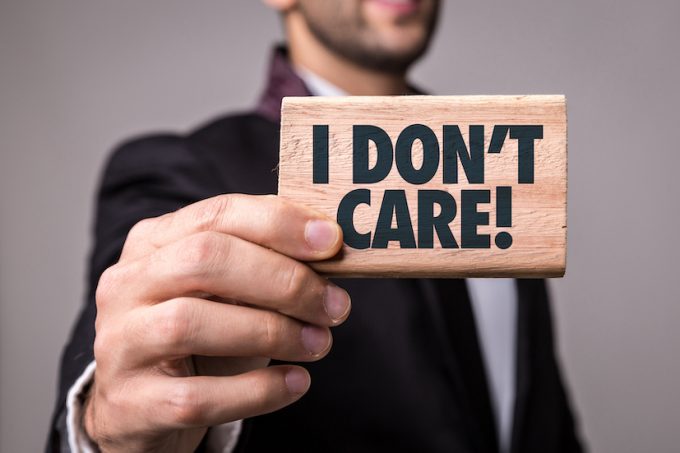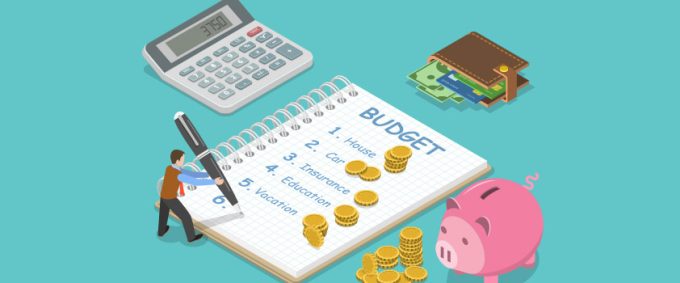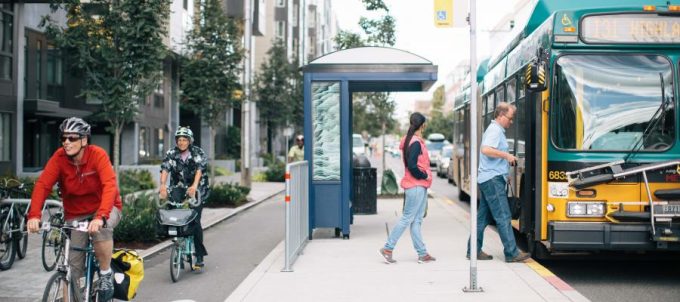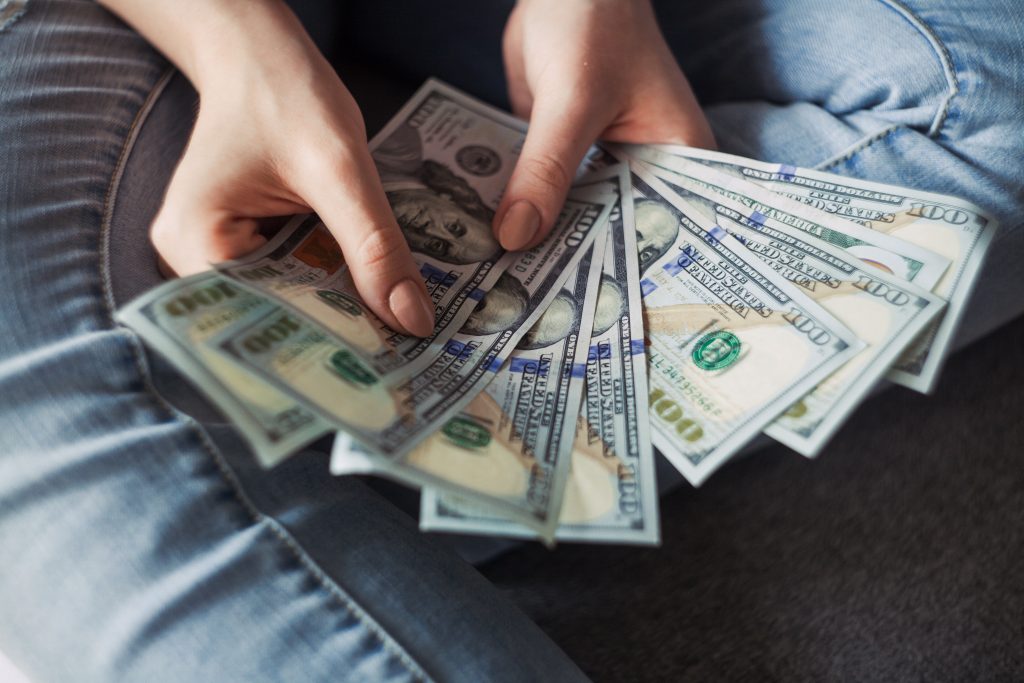In today’s society, the cost of everyday essentials seems to be increasing at a rapid rate. You might have already noticed that food, electricity, and even gas for your car cost that little bit more than they did a few weeks ago. Due to this, you might want to start thinking about ways that you can make your money work for you. This may be especially useful for those who are just starting out with living independently, or who want to leave debt in their past.
Set up savings
There are so many ways that you might be able to use savings to better your life. A Wealthify ISA could help you keep money aside in case your car breaks down, allow for home improvements, buying real estate, and even go towards a retirement pot. In contrast to this, failing to have savings could be what causes some people to get into a recurring cycle of loans, credit cards, and poor money management. Rather than spending all of your salary, you may want to start depositing a percentage of it each month. Not only can this help you to better live within your means, but it can also allow you to reap interest on those amounts.
Stop focusing on brands
Designer and brand items can be wonderful luxuries, but you may also wonder if they are really worth the money. You might want to consider changing the ways you shop to better suit your budget and needs. Instead of looking for known designers or companies, you might want to pay closer attention to the quality of the item. This could allow you to buy more affordable apparel. This doesn’t, however, just apply to clothes.

You might also want to think about this when it comes to purchasing a new cellphone, piece of furniture, or even a car. It may not be necessary to have the newest model with all of the accessories. Buying second-hand or lesser-known brands in some cases could help you to save a significant amount of money.
Make an effort
There are a number of options, from grocery shopping to full-blown meals, that can make life more convenient. While these may be nice once in a while, they could be sucking up a lot of your disposable income. On average, people were spending over $350 per month on takeout and restaurant food in January 2024. When you consider the difference in price between takeout and buying your own groceries, it can quickly become apparent that this is a drain on your finances. The next time you can’t be bothered to cook, it could be a good idea to ask yourself if it is really worth that price.
Keep track of your expenses
Many people end up spending too much money because they don’t keep track of their expenses. You may think you’re just spending a little bit here and there, but all of these small purchases add up and put a strain on your finances. To improve your spending habits, it’s always a good idea to keep an eye on your bank account and add up all of your purchases. At the end of the month, you may be surprised at how much money you’re actually spending, and by looking at all of the purchases separately, you should be able to identify and eliminate frivolous purchases.
Set a budget

Once you’re familiar with your monthly expenses, you can start coming up with a sensible budget that fits your needs. You don’t need to eliminate all fun purchases and stick to an extremely strict budget, but it makes sense to plan your spending a bit more if you’re struggling to pay your bills or build up your savings. After you’ve calculated how much you need for your monthly rent/mortgage, bills, groceries, insurance, transport, and entertainment, you can immediately transfer any extra money to your savings account. This will help you stick to your budget if you’re worried you’ll be tempted to spend more on things you don’t need. Additionally, this technique will force you to save a set amount of money every month, so you’ll start to build up your savings regularly.
Buy in bulk
Often, buying in bulk can lead to huge savings compared to only buying single items. Bulk buying may not be viable for perishable items like fruit and vegetables, but for non-perishable items like toilet paper, cleaning supplies, and dried foods, you can stock up on these goods by buying in bulk at certain stores (or even online). As long as you have enough space at home to store all of these items, bulk buying is a fantastic way to reduce the amount you spend on shopping for essentials. Buying in bulk will also help you go shopping less frequently, which can prevent you from making impulse purchases or spending extra money on gas.
Walk, cycle, or use public transport

Since gas prices are so high, using your car for every journey can quickly become extremely expensive and unsustainable. To cut down on transport costs, check if you could use public transport to get where you need to go, or if the distance is short enough, you could try cycling or walking to your destination. Unfortunately, due to poor public transport links and long commutes, it may not always be possible for you to find a viable alternative to driving. However, as long as you walk or take public transport as much as you can, you could make a real difference to your spending habits and end up saving more money. Additionally, choosing not to drive is much better for the environment, so you’ll be saving money and the planet at the same time.
Making good money choices doesn’t mean you need to sacrifice all of your luxuries. You might want to consider having those added extras at suitable times and making saving money more of a priority in your life. This way, you may be able to stop relying on loans for good.









